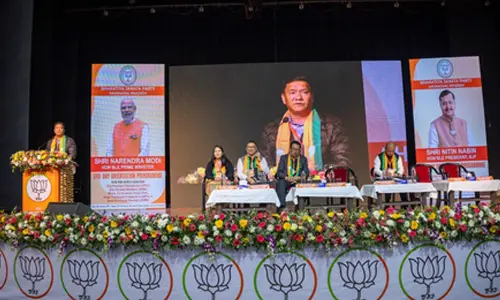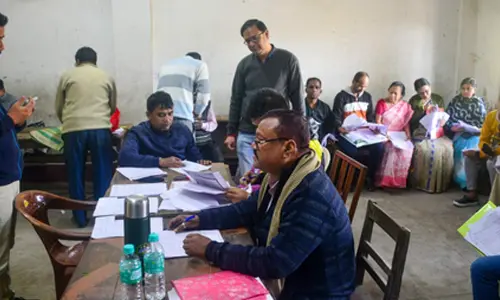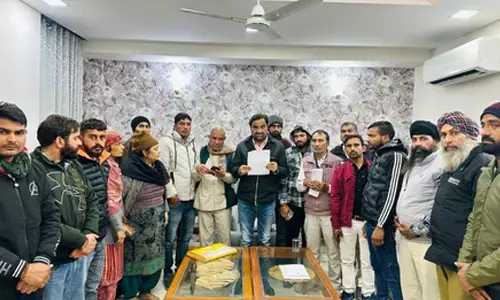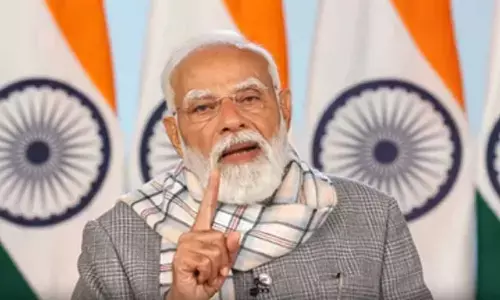Why are Nehruvian ideals still relevant to present times?
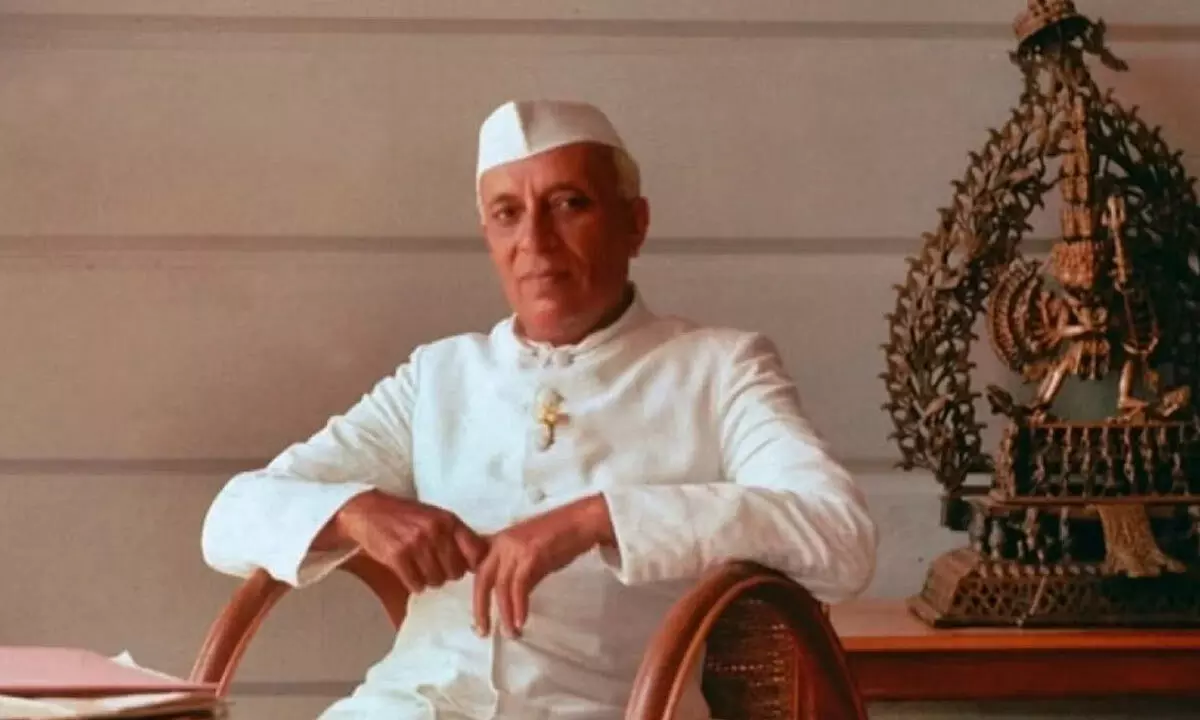
Jawaharlal Nehru
Jawaharlal Nehru was born in Allahabad on November 14, 1889.
Jawaharlal Nehru was born in Allahabad on November 14, 1889. He was the son of Swaroop Rani and Motilal Nehru, a wealthy lawyer and a prominent leader of the Indian independence movement. Nehru graduated from Trinity College, Cambridge University, and came back to India in 1912. He became a top political leader of the Indian National Congress Party along with his mentor, Mohandas Karamchand Gandhi.
Needless to say, but for Nehru’s solid contribution to modernise India, the country would still have been wallowing in Medieval Age. He is more relevant today than in the past. Nehru and his family made transformations in their upper-class lifestyle. They followed Gandhi and abandoned fashionable British clothes and expensive possessions. Nehru and his family adopted the native language of Hindu, or Hindustani for their common use. Nehru also wore a khadi kurta and a Gandhi cap as an Indian nationalist uniform.
Perhaps, the best way of remembering him is to follow his way of thinking and living. The Nehruvian thought and philosophy is definitely more relevant today than before and we should make sincere efforts to live up to his ideals and practical principles. For, Nehru is extremely relevant in the present times when scientific development is being replaced by market-driven economy and the narrow-minded machinations of the right wing parties are dominant aiming at the promotion of technology for profit-oriented corporate houses.
Nehruji was a multi- faceted personality. He had a wide range of interests and praiseworthy qualities like rationality, humanity and respect for individuality and independence of mind and spirit. He was the torch bearer of non-alignment and he maintained equal distance with all superpowers. He was a great thinker and educationist and gave much importance to social development of people. His unflinching faith in humanism, secularism, and socialism, and his enormous emphasis on scientific temper are fresh and relevant today and we would do well to make India of his dreams.
Nehru is a humanist par excellence. Humanism is belief in man and human dignity. It is a life-stance imbued with scientific method and moral values. As a humanist Nehru believes in scientific method as a way of understanding the universe, attaching little significance to theory or idea that is not based on reason, logic and morality. He seeks to understand the universe by using science and its methods of critical inquiry, logical reasoning, empirical evidence instead of finding solace in prefabricated answers to the great questions of life. Nehru fostered the need to sharpen critical consciousness and faculty of reason.
Nehru was essentially a statesman with scientific bent of mind. He believed in material prosperity through massive industrialization and scientific development. He laid much stress on scientific research, innovation and experimentation and gave much importance to industrialization and science and technology as the means of India’s economic and social development. He rightly said that factories and industries are the temples of modern India. He genuinely felt that superstition and fatalism are the enemies of society, and science with its empirical study and reason would help us to come to terms with modern times. Nehru loved and promoted the ideal of ‘unity in diversity’ as well as ‘diversity in unity’. He believed that India belonged to all who had contributed to its history and civilization, and that the majority community had a special obligation to protect the rights, and promote the well-being of the minorities, the deprived and downtrodden. He recognized that the separatist factors like casteism, regionalism, and communalism which had transcended during the Independence struggle had risen again. India had to embrace all diversity and yet remain united. Nehru succeeded in keeping the secessionist forces in check and, at the same time, pushed forward the process of national integration and nation-building.
Nehru signed the first constitution of independent India in 1949. He was an outstanding public speaker. Nehru’s concept of ‘socialistic pattern of society’ is quite meaningful and highly relevant today when capitalism is ruling the roost in the garb of democracy. He favoured co-operative ownership of means of production rather than the capitalist view of profit making. He wanted to build a socialist society –equitable, egalitarian, just, humane with democratic and civil libertarian polity. He espoused the cause of Socialism in Indian polity. However, he did not want the Soviet version of socialism, but tried to implement the ideas behind socialism like a society free from inequalities, class distinction, having equal income distribution, just and humane society. In short, his idea of India was socialist society in a democratic polity.
In other words, Nehru was deeply committed to the establishment of Welfare State. Through the ‘planned economy approach’ he envisaged that in a land of extreme poverty and inequality, the objective of government policy must be the welfare of the poorest, the most deprived and most marginalized of the people. He served as the first Prime Minister of India from 1947 until May 27, 1964, the day he died. He was one of the founders of the international non-aligned movement.
Let us pay our tribute to the maker of modern India by contributing our mite to the creation of a framework of human rights---the right to work, the right to food, the right to education and health and, above all, the right to economic and social justice--- all of which are absolutely necessary to empower the poor and downtrodden in India.
(Writer is
Telangana President of
Praja Science Vedika)








